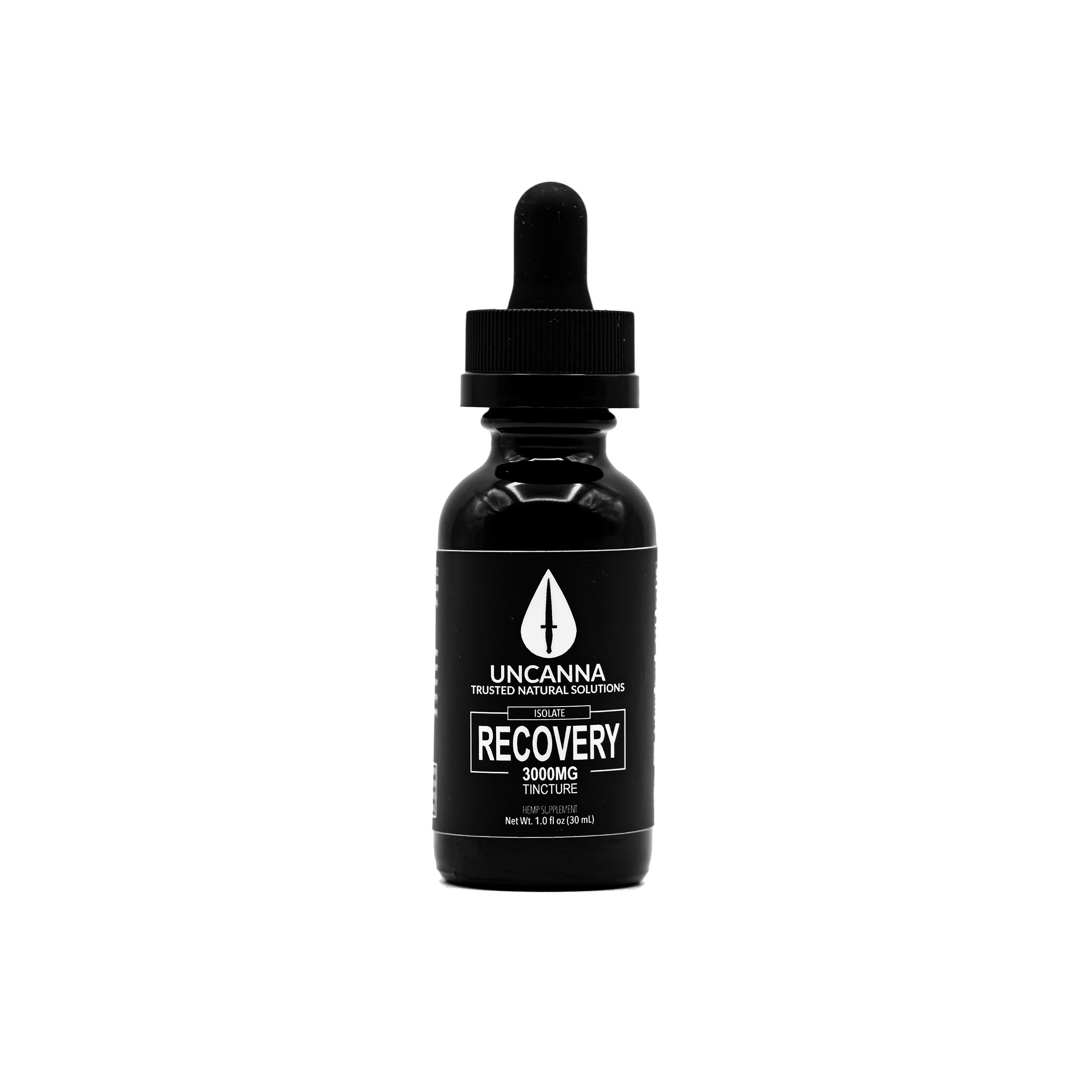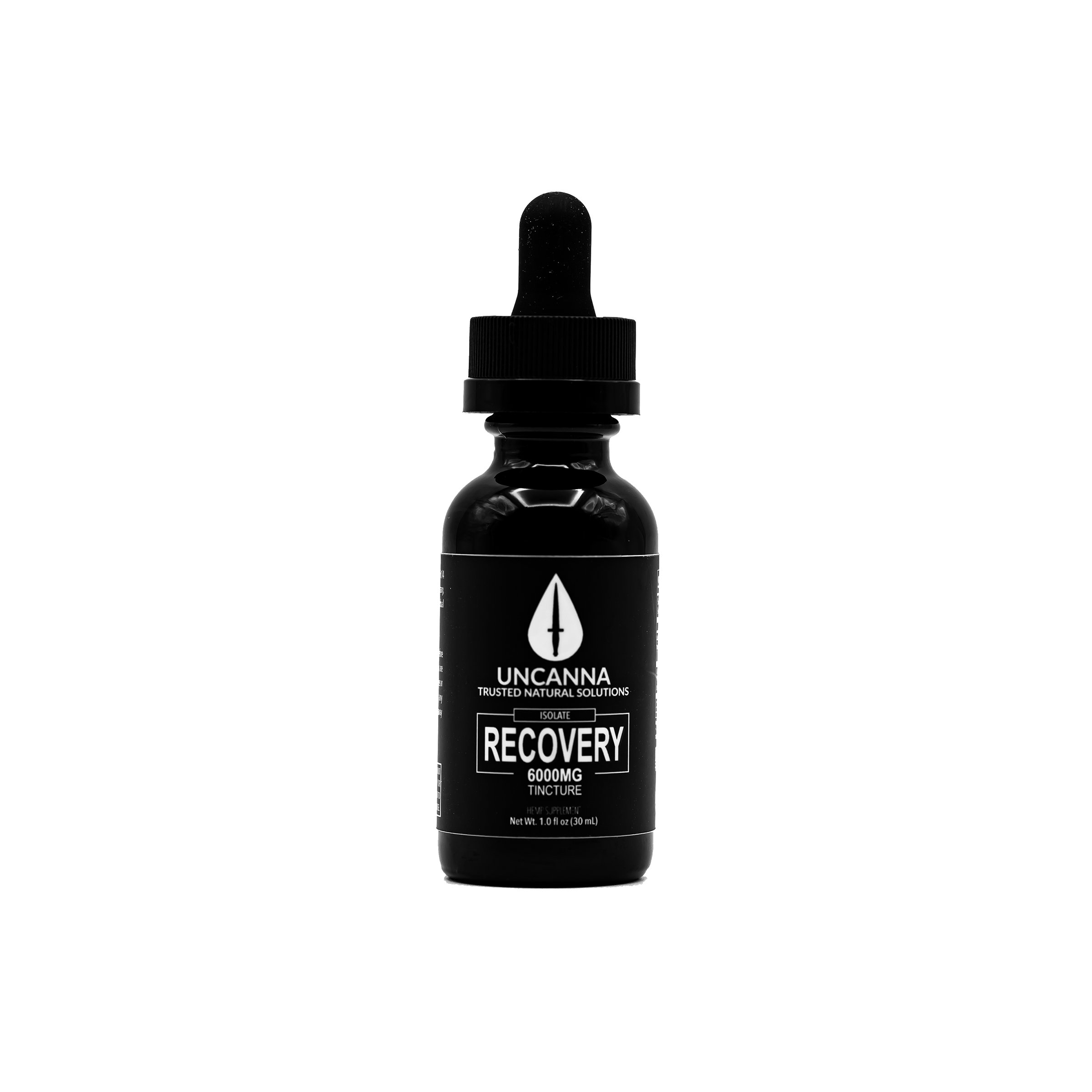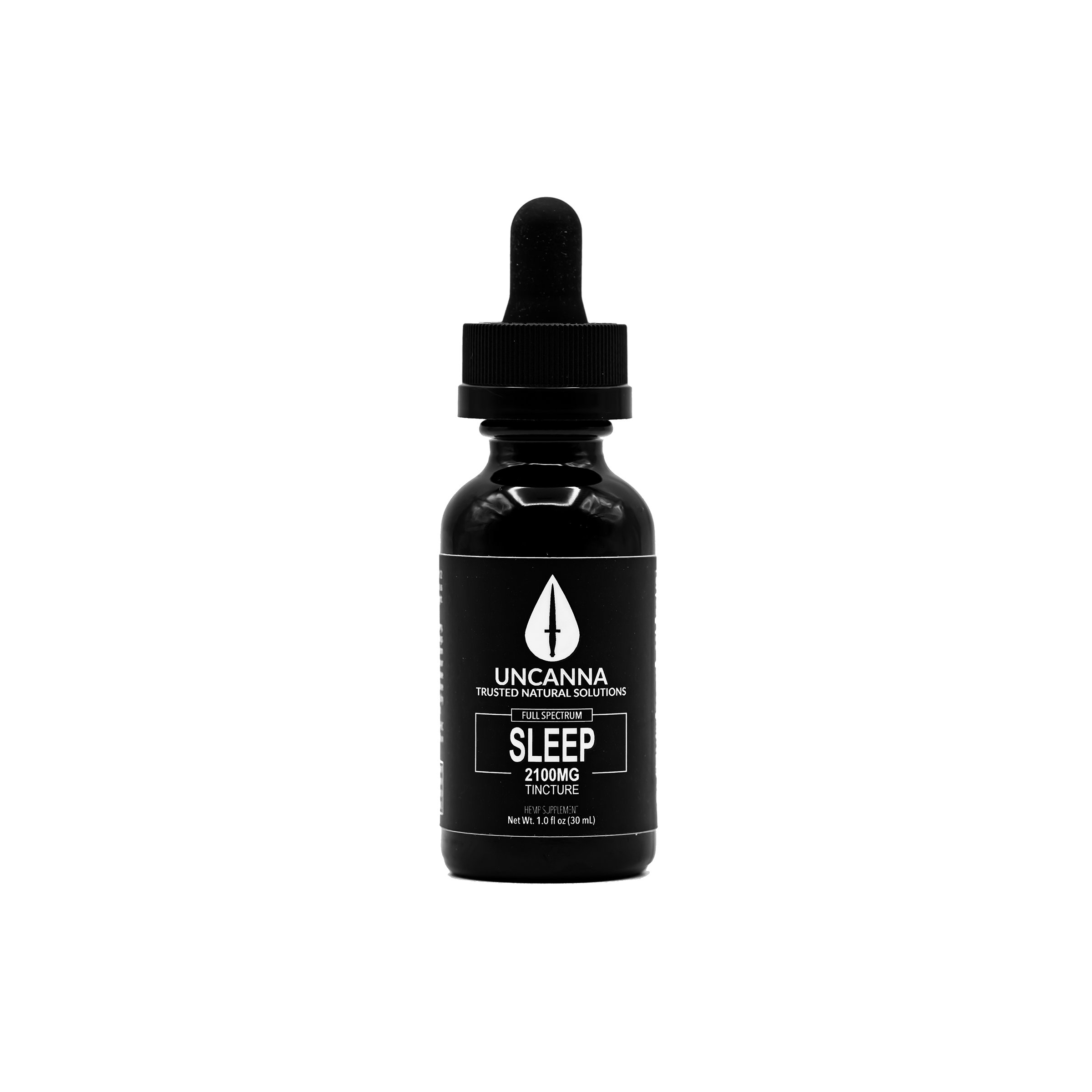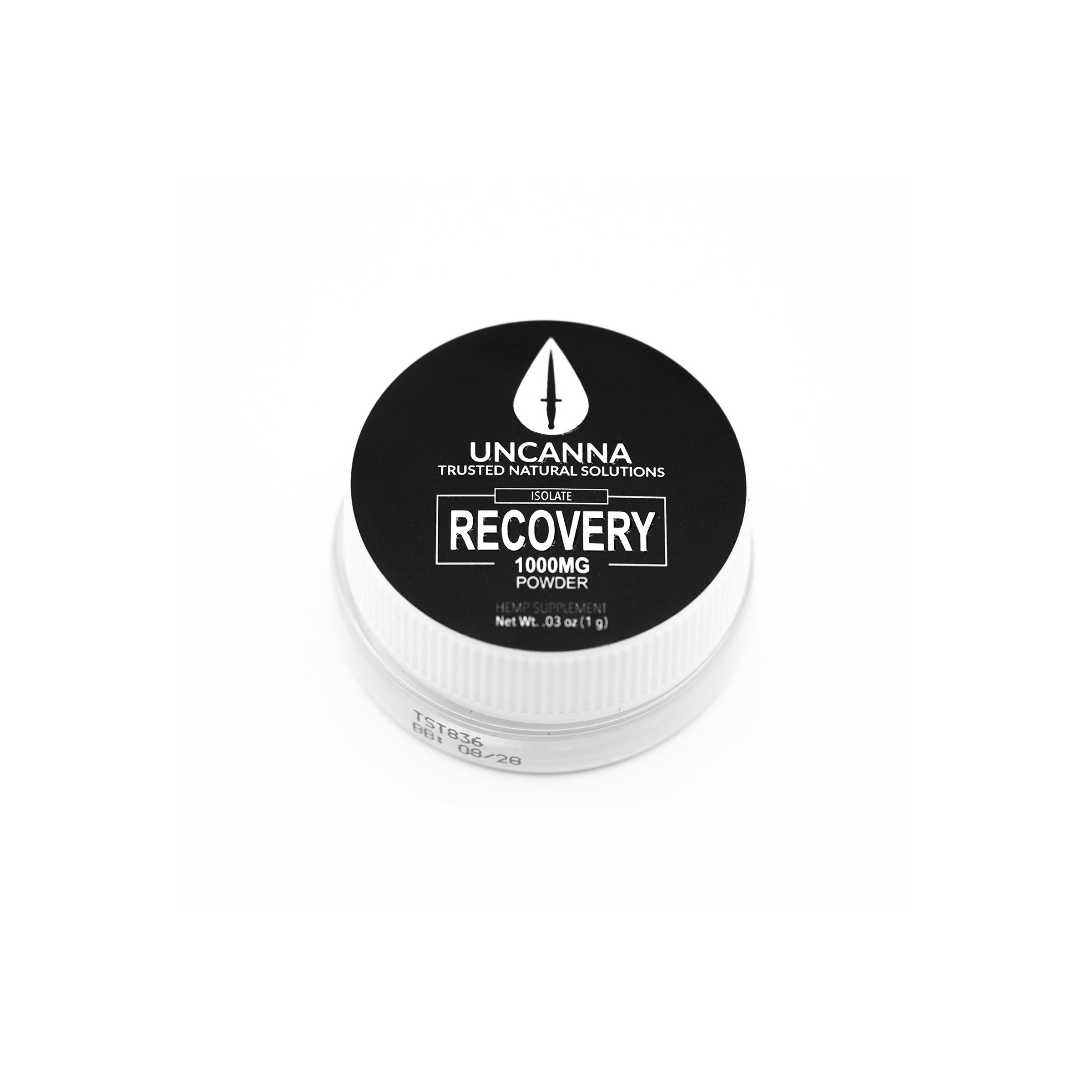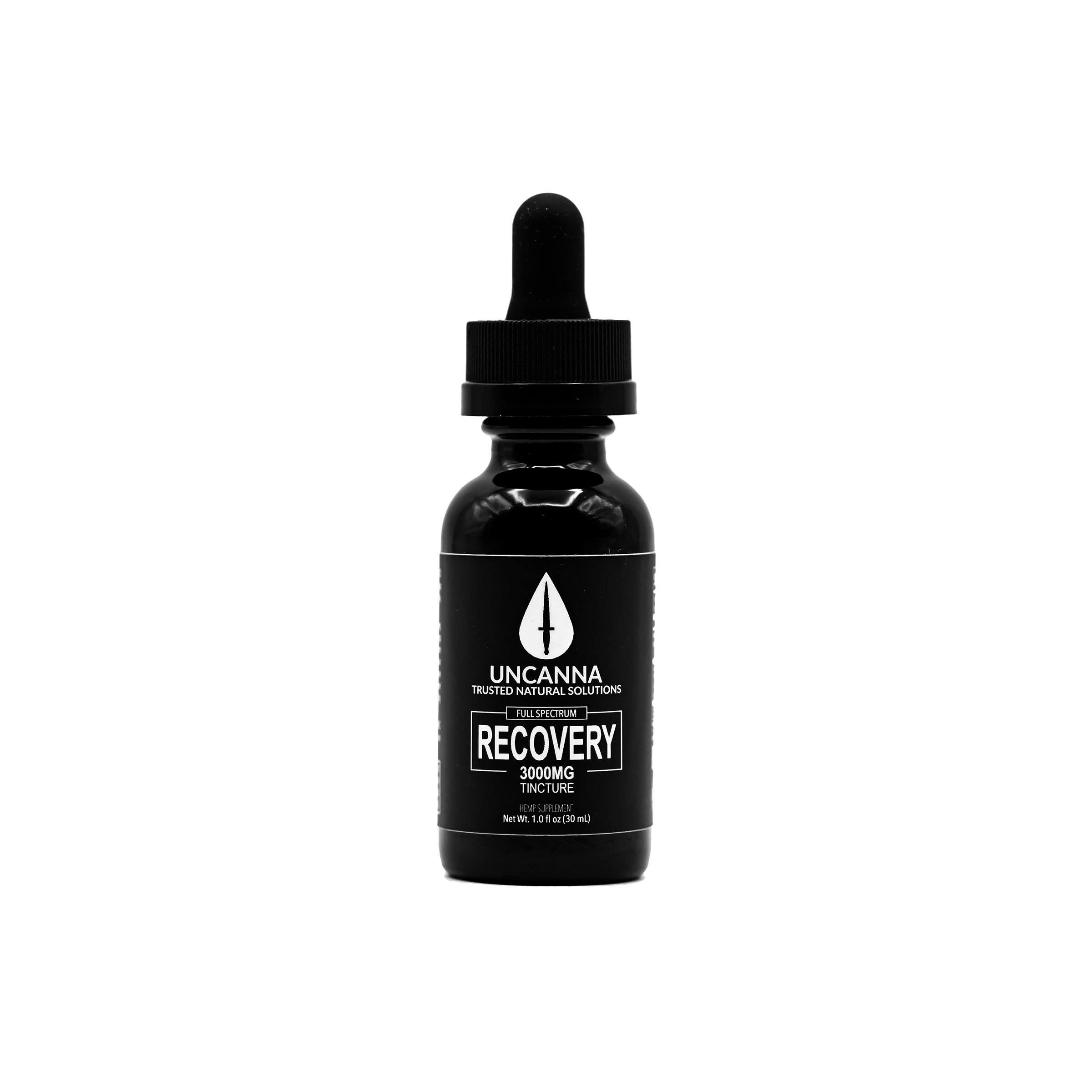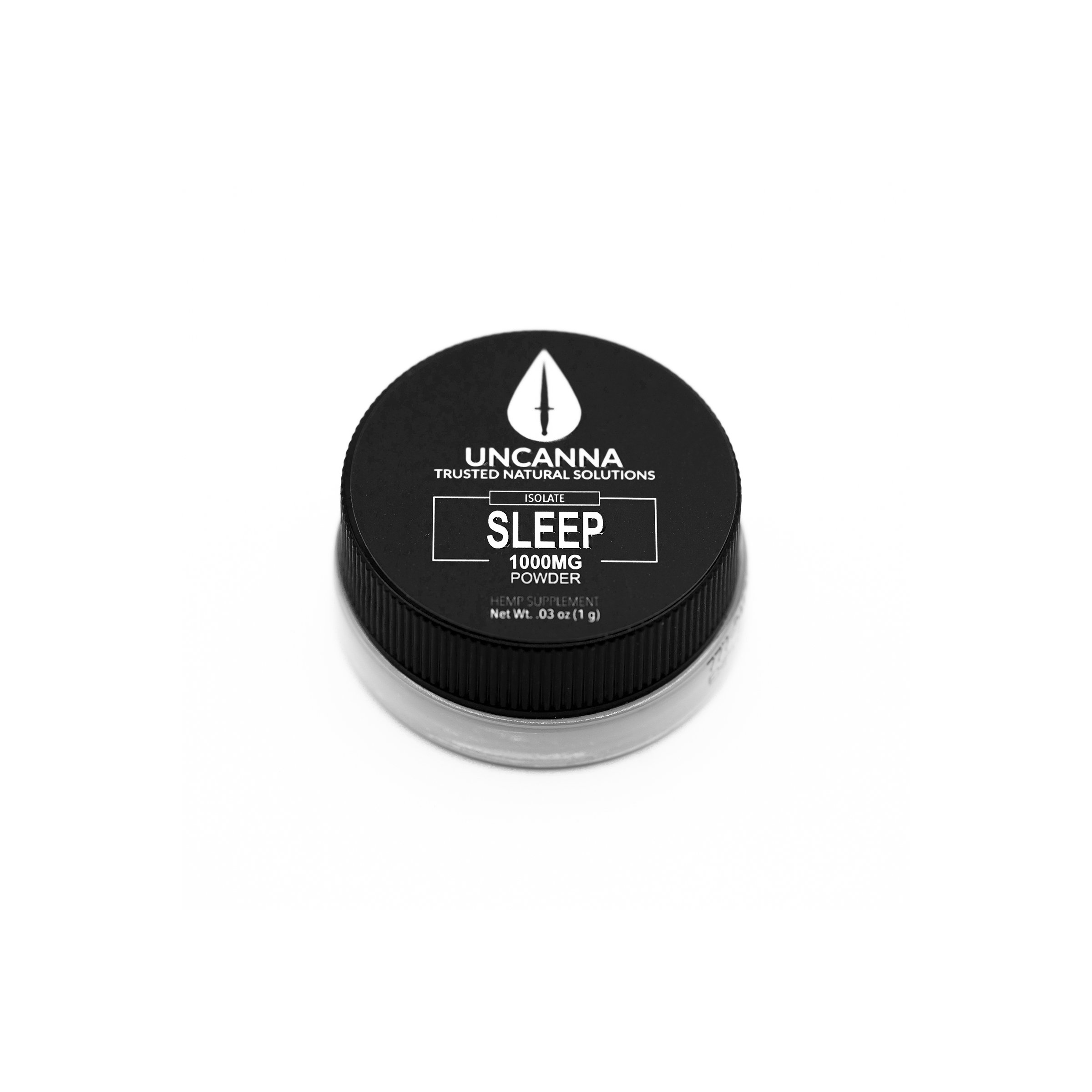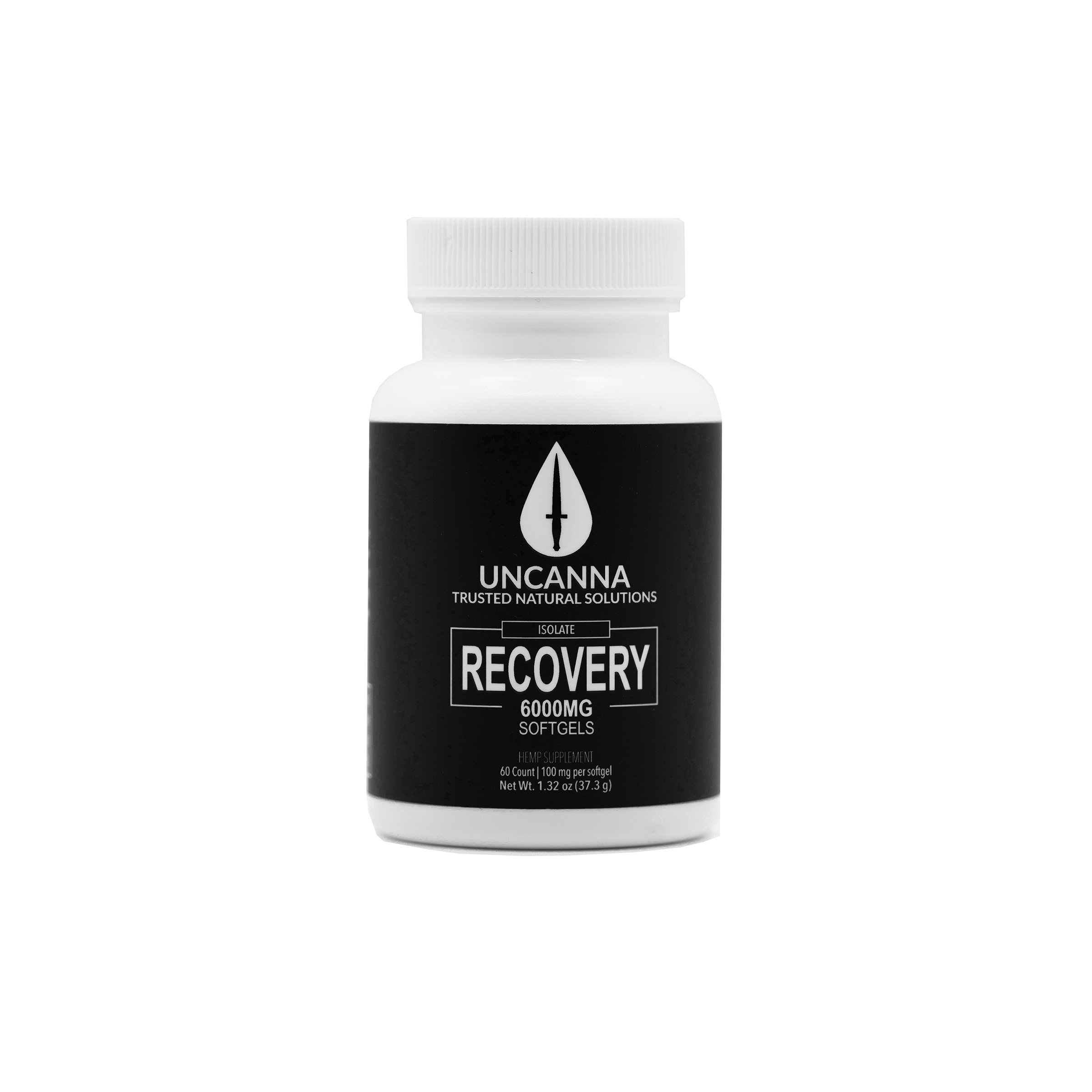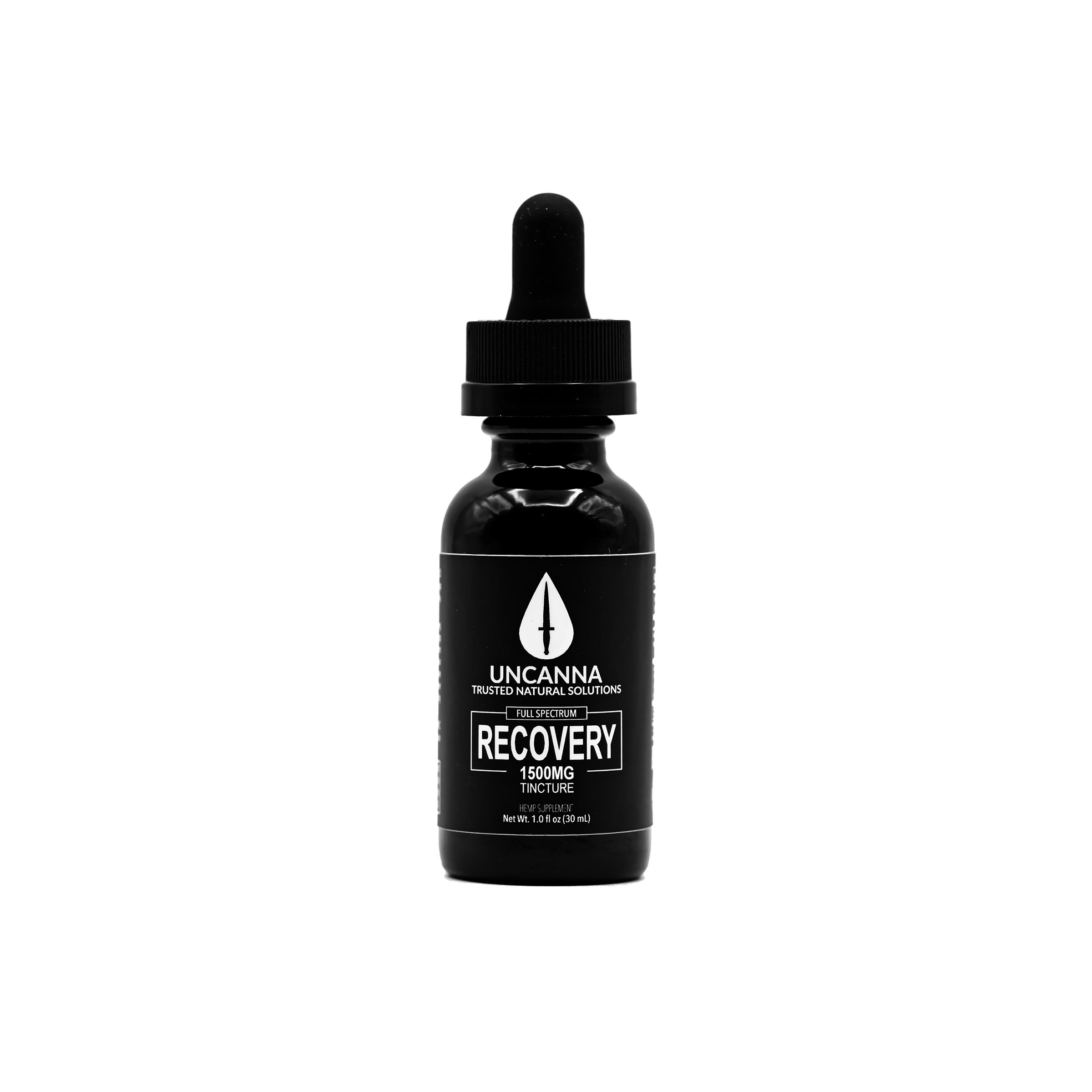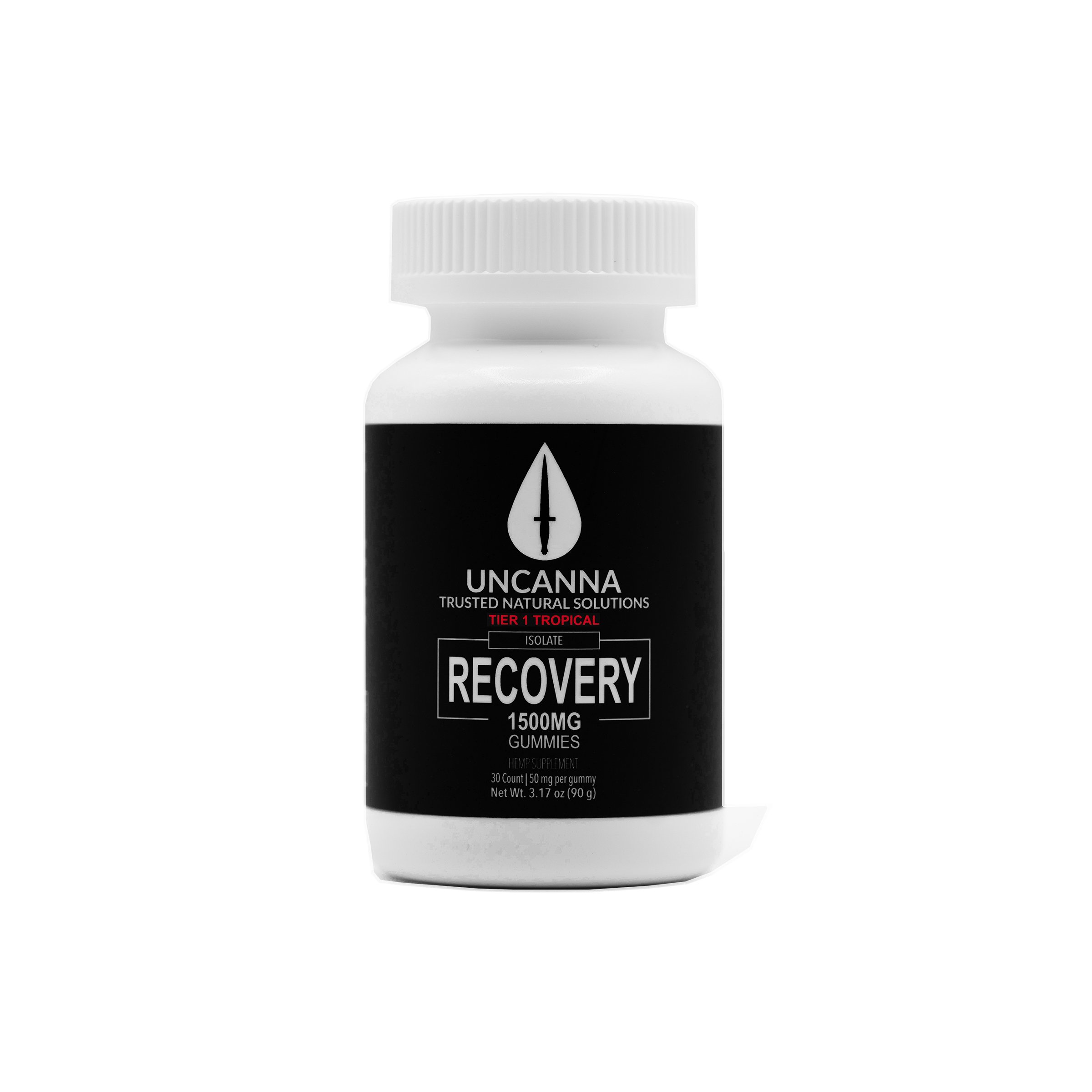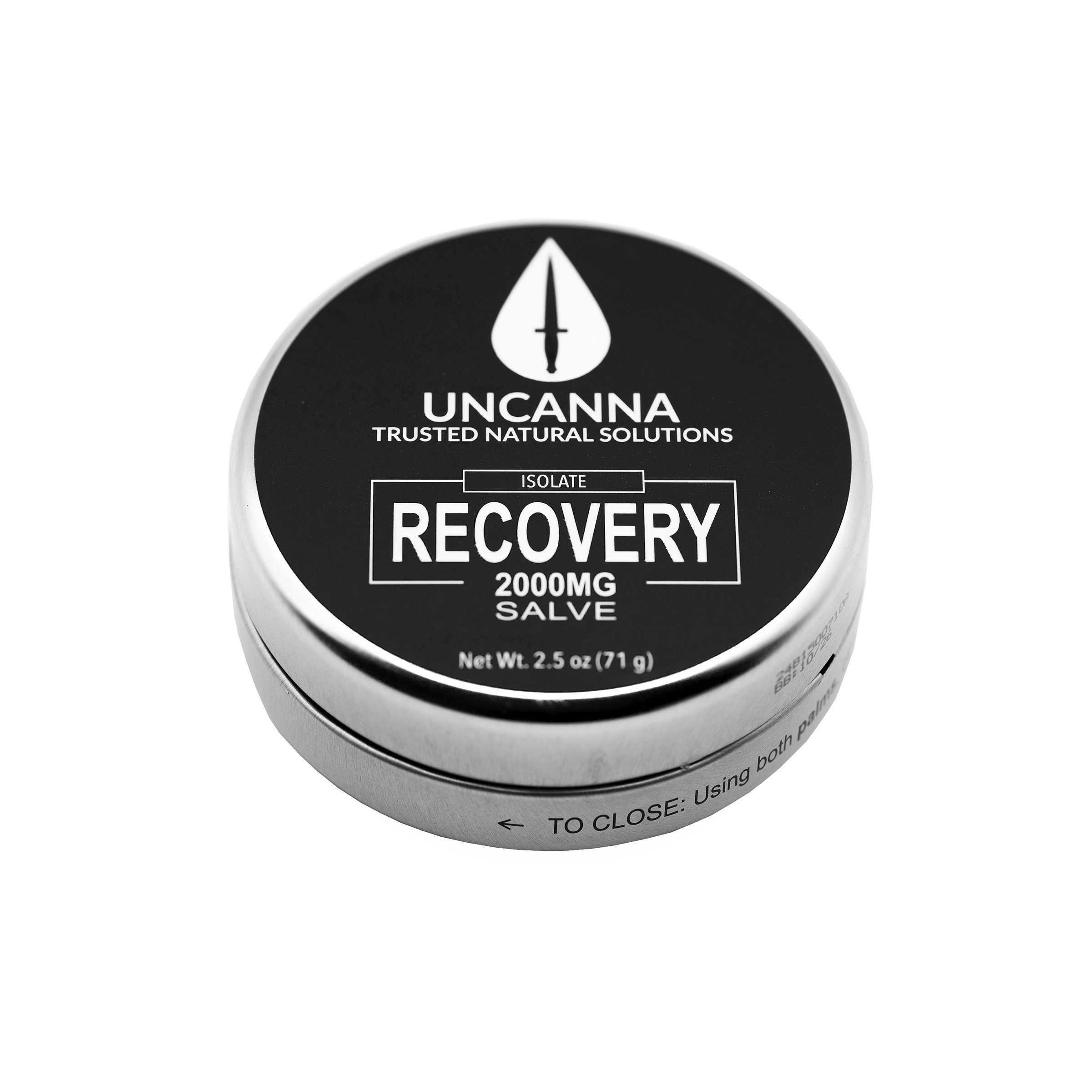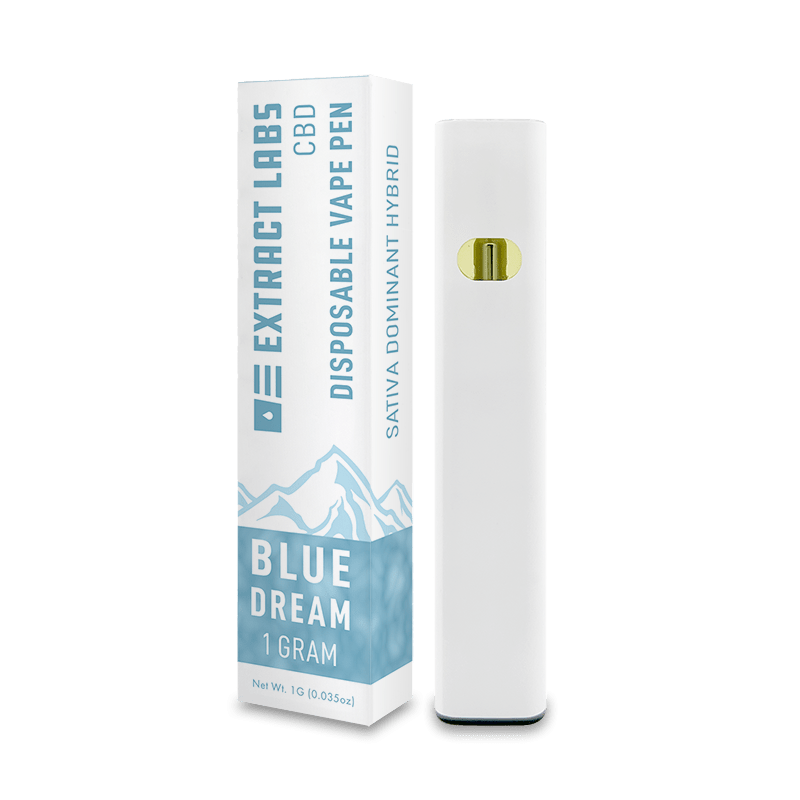Maintaining a sharp mind and balanced mood is a priority at every stage of life. As we age, it’s natural to think more about brain wellness, focus, and daily memory. While there’s no one-size-fits-all solution, research continues to highlight the importance of lifestyle choices, nutrition, and self-care in supporting overall cognitive wellness.
Everyday Habits for Brain Wellness
Simple daily choices can play a big role in how we feel mentally and emotionally:
- Stay Active: Movement supports circulation and overall vitality.
- Eat Nutrient-Rich Foods: A diet rich in colorful fruits, vegetables, and healthy fats nourishes both body and mind.
- Prioritize Rest: Sleep allows the brain to recharge and consolidate daily experiences.
- Practice Mindfulness: Stress management through meditation, journaling, or breathing exercises can encourage focus and calm.
- Stay Social & Engaged: Learning new skills, connecting with others, or engaging in hobbies can help keep the mind stimulated.

Supplements People Explore for Cognitive Support
In addition to lifestyle, many turn to supplements as part of their wellness routines. Commonly discussed options include:
- Multivitamins — help fill nutritional gaps.
- Omega-3 Fatty Acids — found in fish oil and known for their role in overall brain and heart wellness.
- Vitamin E — an antioxidant that helps protect cells from oxidative stress.
- Ginkgo Biloba — a traditional herb often associated with circulation and focus.
Where Hemp Fits In
Hemp-derived compounds like CBD and CBG are also being explored for general wellness. Many people are curious about how these cannabinoids fit into routines that support calm, balance, and relaxation.
While research is ongoing, CBD has become widely discussed as part of stress management, while CBG is being studied for its potential role in focus and clarity. Individual experiences vary, and hemp products should be viewed as one piece of a broader lifestyle approach to wellness.
Finding Balance in Brain Health
Supporting long-term wellness is about creating a toolkit of healthy habits: nourishing foods, movement, meaningful connections, mindfulness, and supplements that fit your needs. Hemp can play a role in this toolkit for many people, but it’s not a substitute for professional care.
If you’re considering adding CBD or CBG to your daily routine, it’s always best to talk with your healthcare provider—especially if you take other supplements or medications.
CBD for Cognitive Support
We use the highest quality ingredients in all of our CBD & CBG products.
This content is for educational purposes only and not intended as medical advice.
These statements have not been evaluated by the Food and Drug Administration. These products are not intended to diagnose, treat, cure, or prevent any disease.
Works Cited
1 “Dementia – Symptoms and Causes – Mayo Clinic.” Mayo Clinic, 13 Feb. 2024, www.mayoclinic.org/diseases-conditions/dementia/symptoms-causes/syc-20352013#:~:text=Dementia%20is%20a%20term%20used,Dementia%20generally%20involves%20memory%20loss.
2 “Prevention.” Stanford Health Care, 23 Aug. 2018, stanfordhealthcare.org/medical-conditions/brain-and-nerves/dementia/prevention.html.
3 Hermush, Vered et al. “Effects of rich cannabidiol oil on behavioral disturbances in patients with dementia: A placebo controlled randomized clinical trial.” Frontiers in medicine vol. 9 951889. 6 Sep. 2022, doi:10.3389/fmed.2022.951889








